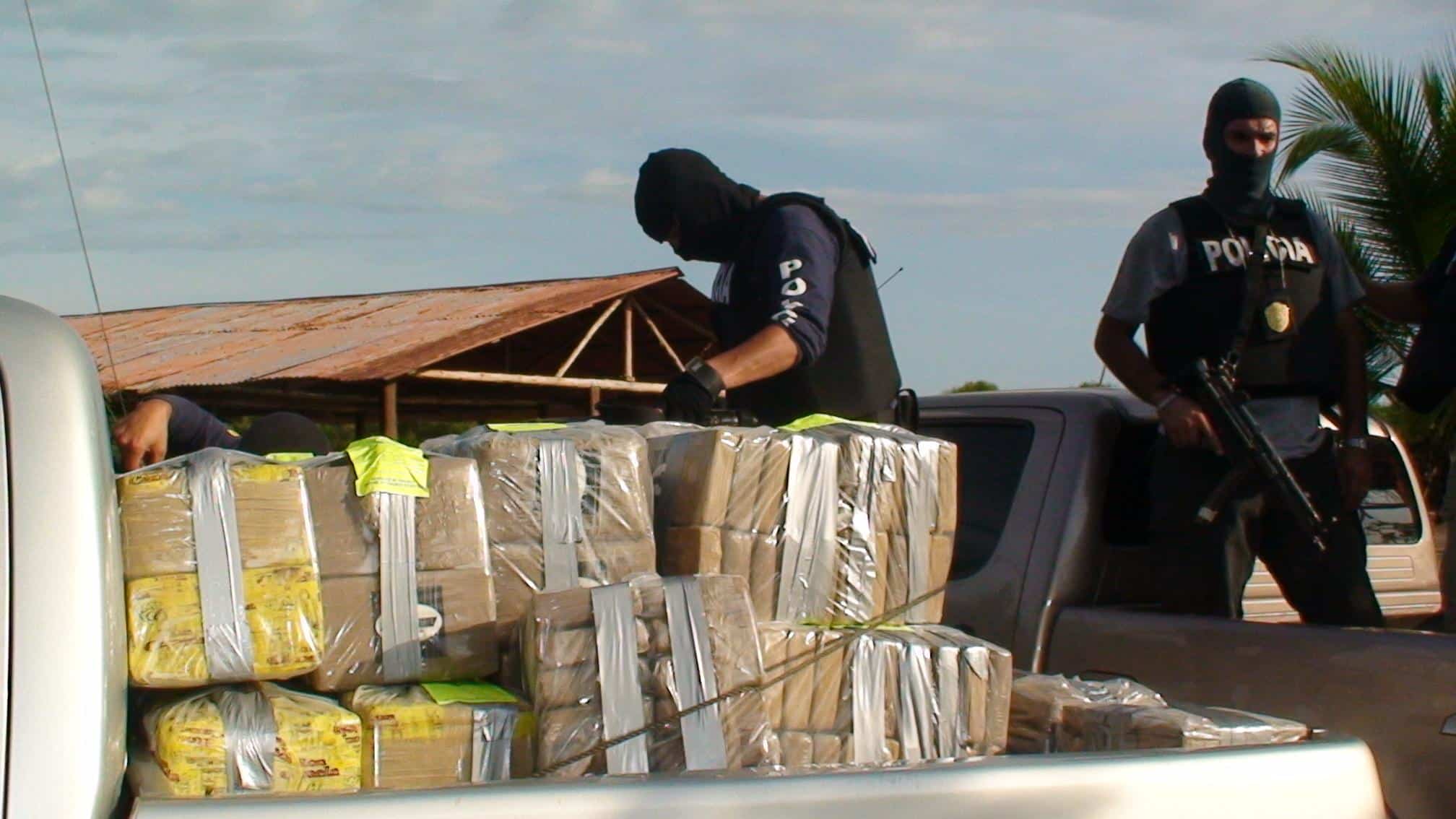Costa Rica’s Legislative Assembly passed a constitutional amendment in May, allowing the extradition of nationals for international drug trafficking and terrorism. With 44 of 57 votes in favor, the reform, signed by President Rodrigo Chaves, responds to a surge in drug-related violence and judicial corruption, which doubled from 106 cases in 2019 to 273 in 2023. While hailed as a step forward, experts warn the law may not curb the growing threat of organized crime.
The amendment targets a long-standing loophole. Foreign criminals, particularly from Colombia and Mexico, have gained Costa Rican citizenship through marriage, residency, or investment, using constitutional protections to dodge prosecution abroad. “This reform closes a safe haven for transnational criminals,” said Mario Brenes, former regional advisor at the Friedrich Naumann Foundation. It aligns Costa Rica with the U.S. under a 1982 extradition treaty, enabling nationals to face trial abroad for serious crimes.
However, InSight Crime, a think tank focused on Latin American organized crime, questions the law’s scope. The reform focuses solely on drug trafficking and terrorism, overlooking other criminal activities like cyber fraud, extortion, illegal mining, and human trafficking. These gaps could limit its impact, as gangs diversify to evade capture. In June 2024, authorities arrested 20 state employees in one week, over half from the court system, highlighting how corruption enables crime beyond drug trafficking.
Regional examples raise further doubts. Colombia’s 1997 extradition policy weakened groups like the Cali and Gulf Clans by transferring leaders to the U.S., yet violence persists, with turf wars spiking after kingpin arrests. Ecuador, a closer comparison, saw 781 murders in January alone, despite extradition reforms, as it became a cocaine transit hub. “Extradition can disrupt networks but often fuels violence and pushes crime across borders,” InSight Crime notes. Costa Rica’s Caribbean port of Limón, a cocaine hotspot, logged 214 homicides in 2023, outpacing San José despite a smaller population.
The law’s supporters, including Security Minister Mario Zamora, argue it strengthens Costa Rica’s judicial credibility. “This sends a message of trust between nations,” said U.S. chargé d’affaires Mike Flores. Yet critics, like analyst Karen Jiménez Morales, point to deeper issues: underfunded police, stagnant wages, and fear-driven corruption among officials. Organized crime groups, increasingly armed and cash-rich, exploit these weaknesses, recruiting youths as young as 13 in marginalized areas like Puntarenas.
Costa Rica’s broader crime fight shows mixed results. The “Sembremos Seguridad” plan boosts police training and border control, aided by U.S. support for drug seizures and wire intercepts. Homicides dropped 3.36% in early 2024, but structural issues—rising inequality, 8.3% unemployment, and a Gini coefficient of 0.49—fuel gang recruitment. Unlike Ecuador, where gangs control prisons, Costa Rica’s jails remain under state control, offering a chance to avoid a similar spiral.
To succeed, experts urge addressing root causes. “Extradition alone won’t solve this,” said professor Mary Fran Malone, citing Puntarenas’s economic marginalization as a gang magnet. Strengthening judicial integrity, expanding the law to cover diverse crimes, and investing in social programs could complement the reform. For now, Costa Rica’s new law is a bold move, but its ability to tame organized crime remains uncertain.






